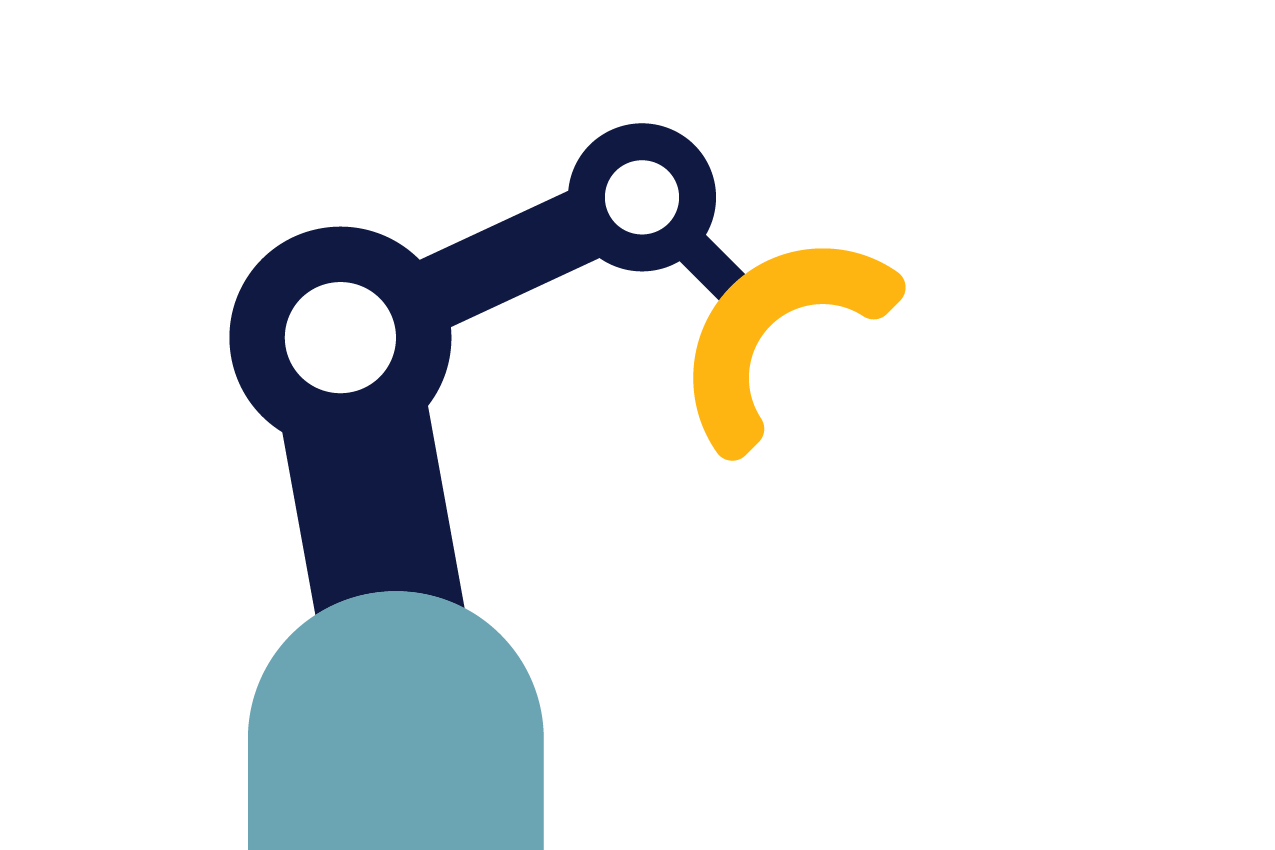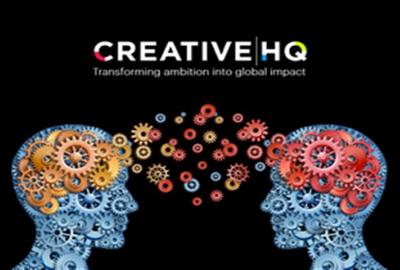Artificial Intelligence (AI) has been a hot topic for a number of years now. But for all of the reassurance out there, there is still a lot of concern about whether or not humans are at risk of AI replacing their jobs.
Elon Musk has predicted this as inevitable, but even he didn’t go as far as to touch on that complete AI – which could lead to the loss of Government or even no human-created jobs at all.
This year AI (Artificial Intelligence) seemed to have hit critical mass with emerging technologies and a lot of data and information they can consume and learn at faster rates and drive rapid evolution.
At a recent Trans-Tasman Business Circle event on AI hosted by Sharron Lloyd in Auckland speakers Marie Johnson, Managing Director, Centre for Digital Business, Danny Tomsett, Chief Executive, Faceme & Greg Cross Chief Business Officer, Soul Machines categorically stated that there is no limit to what AI can do.
However, all of the speakers believe that Government will, in fact, be the next sector that could benefit from its disruption and innovation.
They think it could benefit greatly by changing with these adaptive interfaces.
but what we all want to know is: are humans at risk of AI replacing their jobs?
According to Danny Tomsett, Chief Executive, Faceme, 47% of jobs in the US are at risk of automation. In Japan a company has already replaced office workers with artificial intelligence, with more than 30 employees laid off and replaced with an artificial intelligence system that can calculate payouts to policyholders.
The 2017 Randstad Employer Brand Research, however, revealed that only 12% of New Zealanders think that Automation will take their job away, is this a naïve prospect?
The speakers reported that AI will have a significant impact on the workforce. While jobs do change and new jobs evolve, the increase in technology will be faster and jobs will be lost more quickly.
For example, giving career advice to children will become almost impossible.
If you suggest that a child today pursue “coding” as a career, by the time they graduate and prepare to look for work, the coding space will have evolved and they will already be too far behind to innovate the space and be relevant.
the skills of the future
If the companies of the future are created by AIs, to what capacity would they need humans?
Would it just be a small proportion of us who have the right skills and where would they be based, if anywhere?
We are far from having any definite answers about where AI will leave us in the workplace, but the concluding advice from the panel is to focus on improving our problem-solving skills – such as creative skills, science skills and art skills.
They also advise humans to grow their relationship skills – being able to relate to people and have a deeper understanding of relationships cannot be replaced by AI, at least not yet.


